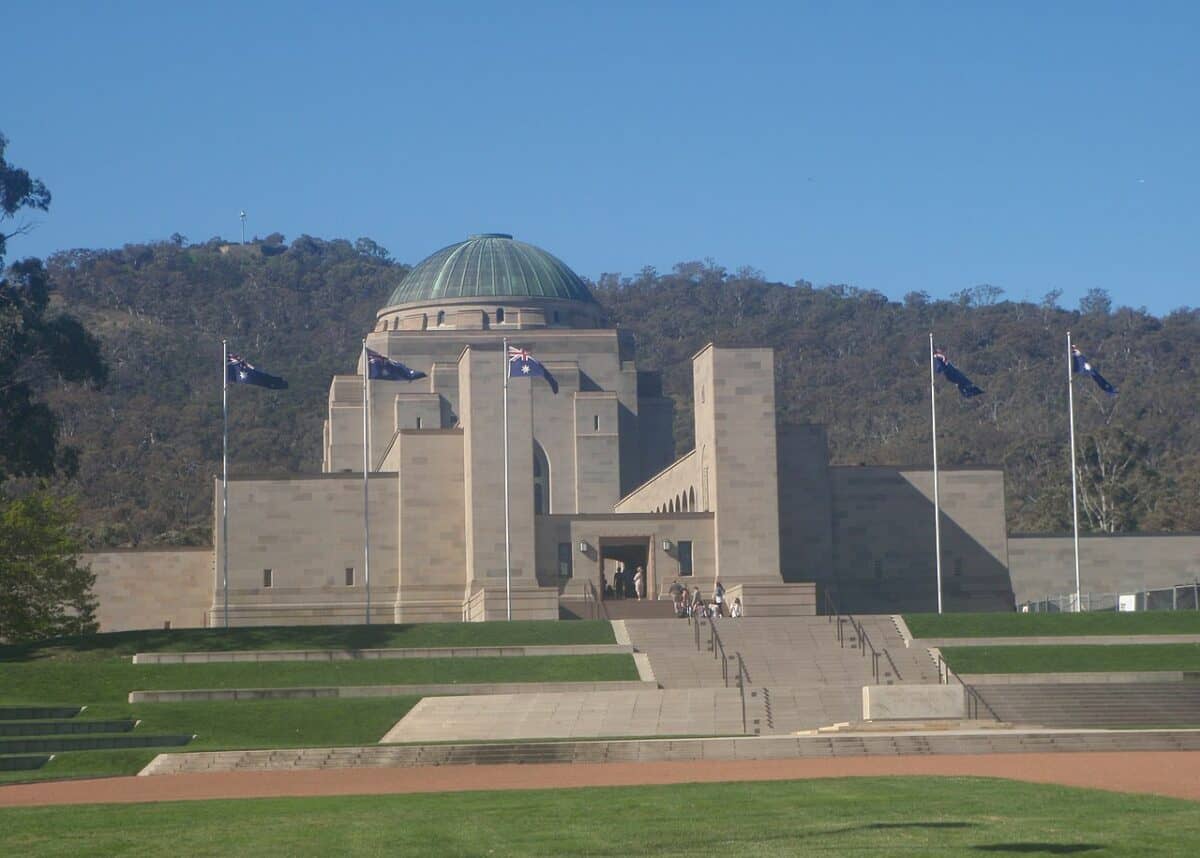Despite notable opposition from some sectors of society, a planned $500-million project to upgrade the Australian War Memorial in Canberra has been given the initial-stage go-ahead by the National Capital Authority.
In granting the approval, the authority – which serves as the trustee of the National Capital on behalf of the Australian people – acknowledged that there have been more public submissions related to this project than any other in the authority’s history.
It Chief Executive, Sally Barnes, said there had been 601 submissions during the public consultation process and the majority did not support the overall project.
“Most people who put in submissions did not support the project overall … they did raise issues, including the need for the expansion and the cost,” Barnes said.
Questions were raised over tree removal
“There were questions raised about tree removal, and whether the tree removals were in line with the National Capital Plan and, of course, landscapes for us are really important.
“We’ve put some conditions in the approval that [the War Memorial] must increase the number of trees that will be on that site at the end of the works.”
In its statement released yesterday (Monday), the authority said the memorial would remove 140 trees, but retain 455. It ruled that a further 250 native trees would need to be planted on completion of the building project.
In a statement following the National Capital Authority’s decision, Minister for Veterans’ Affairs Darren Chester emphasised that this was for “early works contracts” which would now allow the memorial to move ahead with more than $10-million of initial work.
“This approval will allow for preparation of the area around the site, relocation of some services and progressing with the demolition of Anzac Hall,” Chester said.
All due processes for early works approval
“The development has strong community support and the memorial has followed all the due processes in achieving this early works approval.”
The Minister said there would be further community consultation for the major works designs, which are to be released in the coming months.
He added that the development project aims to better recognise the service of current veterans and to ensure that it has the capacity and facilities to do so for future military veterans.
“The Memorial holds a sacred place in the hearts of Australians and we must ensure that those from contemporary conflicts have their stories told – in peacekeeping and operational conflicts including East Timor, Iraq and Afghanistan,” Chester stated.
According to the Australian Broadcasting Corporation, the redevelopment was first proposed in 2018 and has since attracted the criticism of architects and heritage advocates, who have slammed it as “wasteful” and “arrogant”.








 Explore top-rated compensation lawyers in Brisbane! Offering expert legal help for your claim. Your victory is our priority!
Explore top-rated compensation lawyers in Brisbane! Offering expert legal help for your claim. Your victory is our priority! 

 "
"


